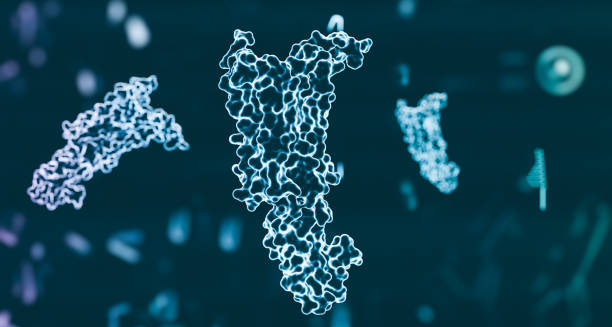Causes of Diabetes Insipidus
Causes of diabetes insipidus depend on the type of condition present, as each form originates from a different disruption in the body’s ability to regulate water. Although diabetes insipidus is rare, understanding its underlying causes is crucial for both diagnosis and management.
Central Diabetes Insipidus
Damage to the hypothalamus or pituitary gland, which produce and release antidiuretic hormone (ADH), causes this most common form:
Head injuries or brain surgery may damage ADH-producing areas
Tumours, such as craniopharyngiomas or pituitary adenomas, can interfere with hormone production
Infections like meningitis or encephalitis can inflame or destroy ADH-secreting tissue
Genetic mutations may also lead to inherited central diabetes insipidus
In central diabetes insipidus, the body produces insufficient ADH, so the kidneys do not receive signals to retain water.
Nephrogenic Diabetes Insipidus
Here, the kidneys fail to respond to normal levels of ADH:
Can be inherited, often due to mutations in the AVPR2 or AQP2 genes
Chronic kidney disease or damage from certain medications, especially lithium or tetracycline antibiotics, may induce resistance to ADH
High calcium levels (hypercalcaemia) and low potassium levels (hypokalaemia) can disrupt kidney function
This type does not respond well to hormone replacement, making management more complex.
Dipsogenic Diabetes Insipidus | Causes of Diabetes Insipidus
This form results from a problem in the hypothalamus that affects thirst regulation:
Individuals may drink excessive amounts of water without feeling the need to
Psychiatric disorders or brain trauma can lead to this dysfunctional thirst mechanism
Over time, this constant intake suppresses ADH secretion, mimicking diabetes insipidus
Gestational Diabetes Insipidus
Occurs during pregnancy when the placenta produces an enzyme (vasopressinase) that breaks down ADH:
Usually appears in the third trimester and resolves after childbirth
Women carrying multiple foetuses are at higher risk
In conclusion, causes of diabetes insipidus are diverse, ranging from genetic and neurological to hormonal and renal. Identifying the specific type helps guide targeted treatment and effective long-term management.
[Next: Symptoms of Diabetes Insipidus →]


